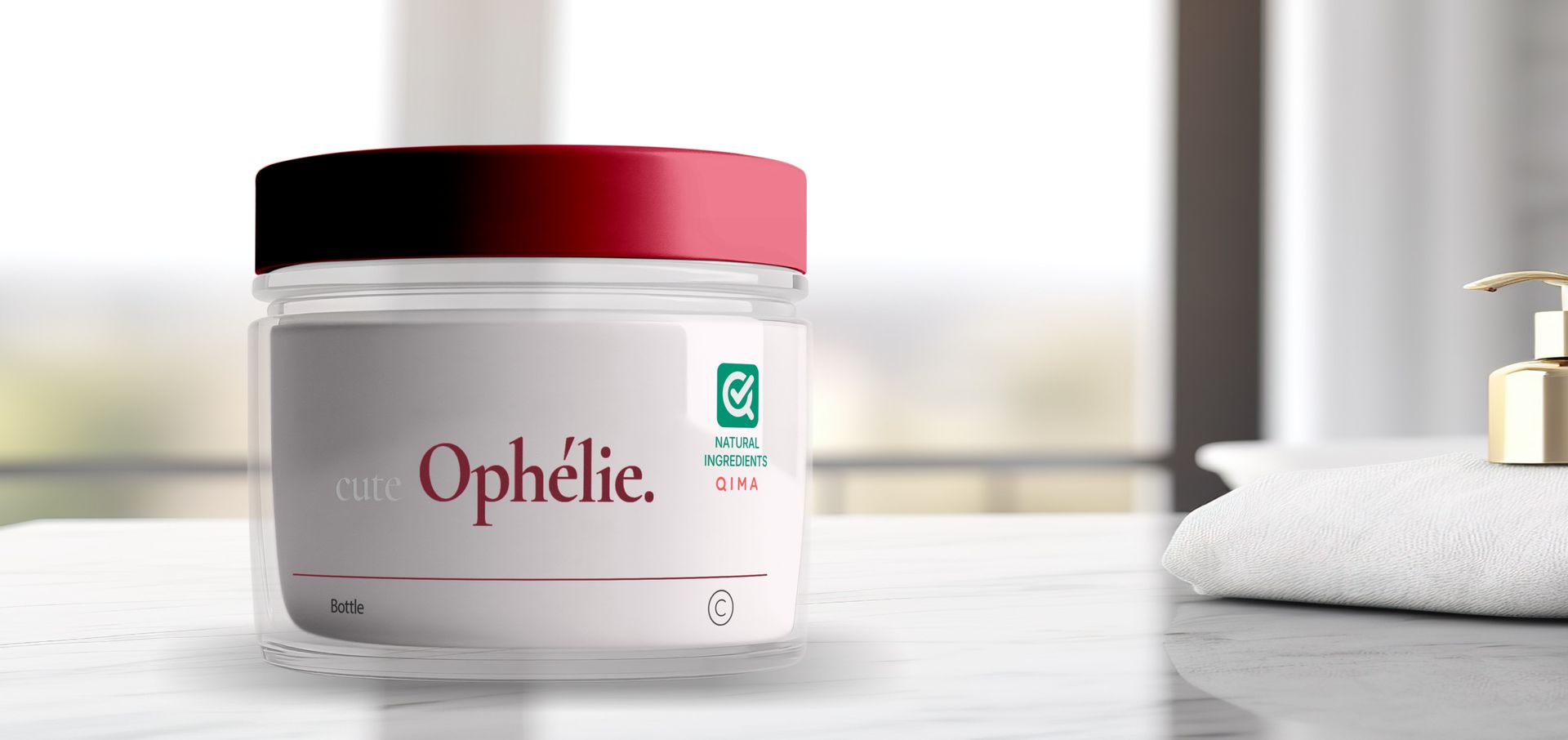With the growing concern for health and the environment, there is also an increasing demand for natural and organic cosmetics. However, the concept of "natural" varies and, in the case of cosmetics, involves complex formulas that must ensure safety, traceability, efficacy, and sustainability.
In Brazil, Law 10,831 and associated regulations define criteria for labeling cosmetics as “Organic” or “Made with organic ingredients”.
The guidelines Organic Cosmetic (Export) and the Natural Ingredients QIMA Seal were created to bring more transparency to the sector, allowing only natural or naturally identical raw materials, focusing on quality and environmental responsibility.
National Legislation
Regardless of formulation, all products and manufacturers must comply with current national legislation for cosmetic and personal hygiene products, especially concerning composition, safety, efficacy, and labeling requirements. When the certificate is intended for consumer cosmetics, QIMA will only certify legally constituted companies authorized by the National Health Surveillance Agency (ANVISA), state, and municipal authorities, for products to be marketed in Brazil. In the case of ingredients, QIMA will only certify legally constituted companies holding valid licenses issued by regulatory bodies for the extraction and/or production of the respective ingredients.
Animal Testing and Animal-Derived Raw Materials
Animal testing fundamentally contradicts QIMA's ethical values and principles. Therefore, animal testing is prohibited for both the raw materials used in the formulation and the final product offered to consumers. The use of ingredients from vertebrate animals that need to be sacrificed to obtain such materials is not allowed. The use of animal-derived ingredients is only allowed if collected from living beings such as honey and its derivatives, milk and its derivatives, lanolin, etc., provided the producing animals are preferably raised in an organic production system.
Prohibition of the Use of Genetically Modified Organisms (GMOs)
Regarding GMOs, the general criterion refers to Joint Normative Instruction No. 18/2009, wherein the use of genetically modified organisms (including enzymes and microorganisms) or products (including raw materials and finished products) in whose process these organisms have been used is prohibited.
Natural Aromatic Raw Materials: ISO 9235
In natural cosmetics, natural fragrances that correspond to ISO 9235:2013 (such as essential oils) may be used. Isolated compounds from essential oils and also essential oils reconstituted from them are included. Synthetic fragrances identical to natural compounds cannot be used in certified cosmetics.
What is the role of QIMA in the natural ingredients market?
QIMA encourages and favors the use of products and processes, as well as packaging with the lowest possible environmental impact, prioritizing the use of renewable raw materials. It also prevents allergenic and irritating products from reaching consumers; promotes the use of certified natural, organic, and extractive products, and ensures cleaning products free from petrochemicals.
With the increasing demand for natural items, it is essential for manufacturers and suppliers to comply with the necessary regulations and standards. Therefore, QIMA is a leader in Latin America in terms of organic product certification, continually expanding the range of solutions in certifications and food safety standards, playing a crucial role in the natural ingredients market by ensuring the quality and safety of these products.
What does the certification of natural ingredients cover?
To obtain the Natural Ingredients QIMA Seal, the producer must meet a series of technical requirements that enable the products to be directed to the most demanding international markets. The certification cycle used by the company is basically composed of five stages: supervision; preparation; audit; analysis; and decision.
In the case of natural cosmetics, the certification process involves analyzing documents, good practices, traceability documentation, origin, formulations, raw materials used, reactions employed, and performing audits. When an audit's assessment results in a favorable decision, QIMA issues or renews the client's Certificate of Conformity, valid for 1 year, from the date of issuance.
Why certification of natural ingredients?
QIMA is a sector leader in the certification of natural and organic cosmetics;
Meets global demand for sustainable, eco-friendly, and clean beauty cosmetics;
Ensures greater traceability, transparency, and reliability through the audit process;
Uses only raw materials classified as natural, derived from natural, and identical to natural;
Provides certification for safe, effective, and efficient cosmetic products with suitable sensory qualities for consumers.
Need more information?
By contacting QIMA you agree to our privacy policy and terms and conditions.
Why choose QIMA for the Natural Ingredients Marks?
Efficient communication and customer service
Agile and responsive technical support at all stages.
Transparent certification process and adherence to deadlines.
Proven service quality, with an NPS satisfaction metric of 72 points.
Cost and time optimization
Integrated audits that minimize the number of visits and costs.
Simplified processes that reduce operational impacts.
Strategic and efficient allocation of auditors.
Sector Leadership
Pioneering company with over 30 years of experience in food safety, organic certification, and sustainability.
Complete certification ecosystem, from farm to table.
Advanced technology for compliance monitoring.
Want to learn more? Download our insert and discover how we can support your business.
